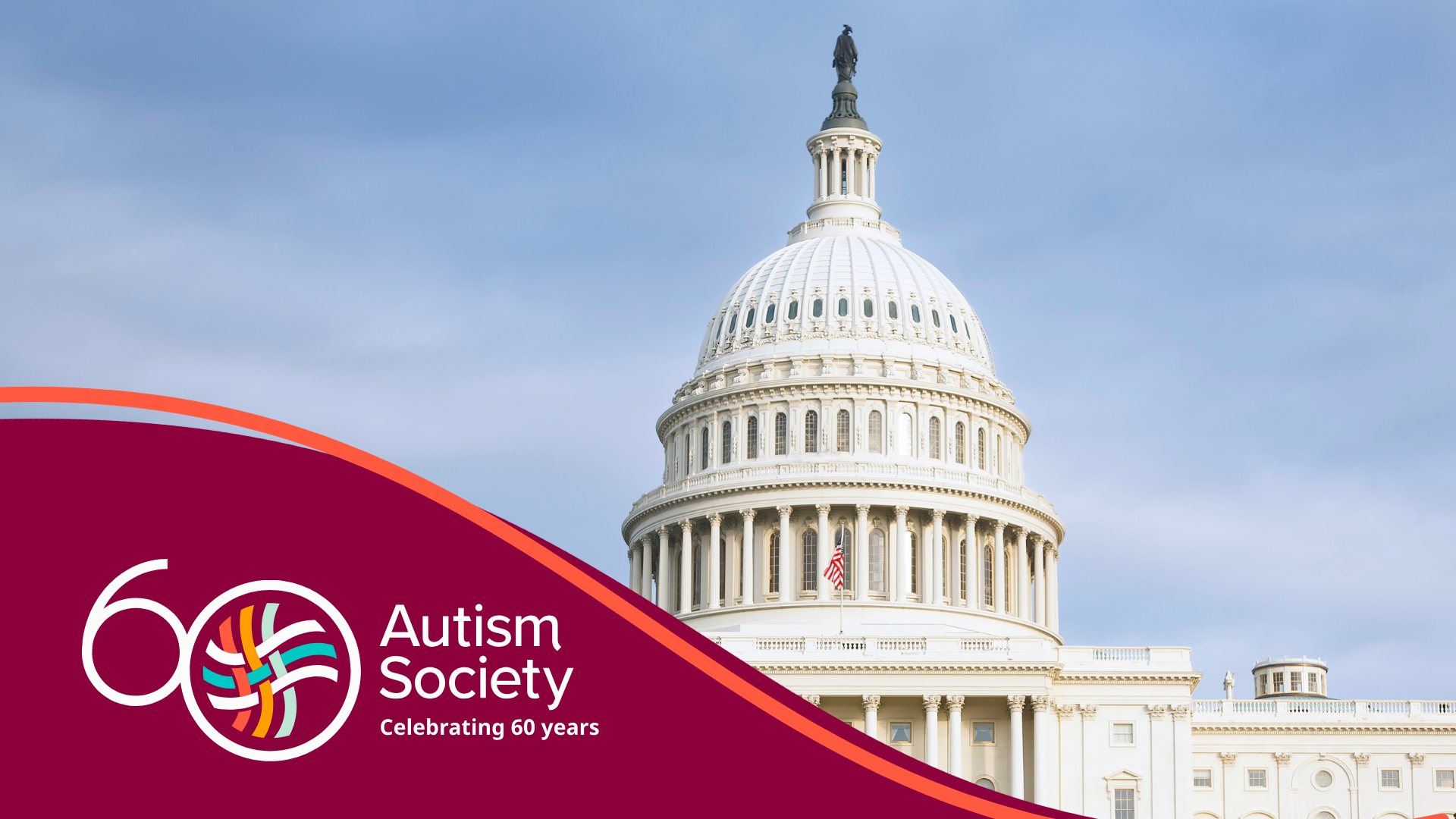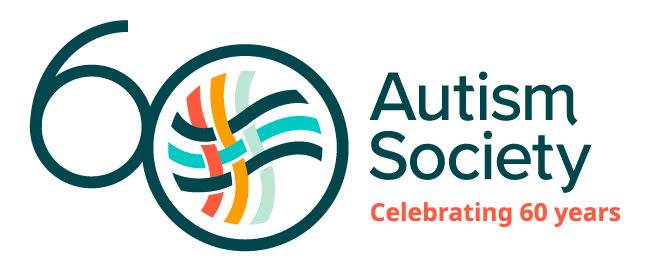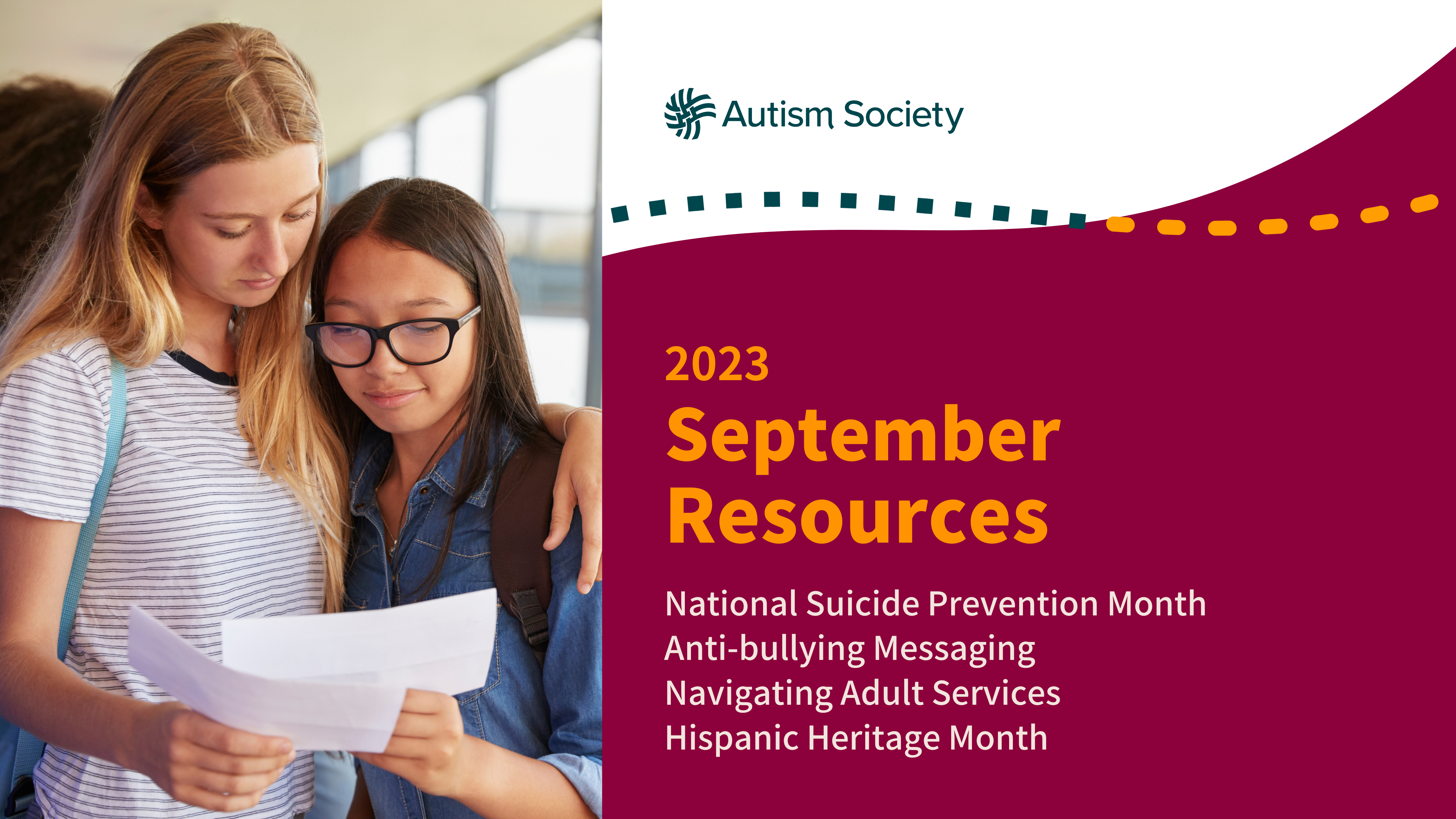
Following the confirmation of Robert F Kennedy Jr. for Secretary of Health and Human Services, President Trump signed an Executive Order establishing a Make America Healthy Again Commission. The Autism Society of America is deeply concerned by the lack of representation from Autistic individuals, medical professionals, researchers, and Autism advocacy organizations in this Commission. Any federal initiative that seeks to address Autism must engage with those who have both lived experience and scientific expertise to ensure policies are effective, inclusive, and evidence-based.
Concerns & Clarifications
The executive order references Autism in the context of chronic diseases, which is inaccurate, and a misleading narrative.
“Autism is a lifelong neuro-developmental disability, not a chronic illness, and an individual’s needs will change over time. This distinction is critical in shaping policies that respect and empower Autistic individuals based on the factual understanding of Autism,” shared Christopher Banks, President & CEO of Autism Society of America. “Additionally, we seek assurances that this Commission will not revisit discredited theories, such as the false link between vaccines and Autism, which have been repeatedly debunked by extensive scientific research.”
While the occurrence of Autism has increased, it is important to recognize that the rise in Autism prevalence is largely due to advancements in screening, diagnostic criteria, and awareness—not an unidentified health crisis based on disease.
“The Autism Society of America has long championed progress that allows for earlier identification and increased access to support. We are proud to have contributed to these improvements through initiatives that enhance early screening, expand access to evaluations through the Individuals with Disabilities Education Act (IDEA) and Early and Periodic Screening, Diagnostic and Treatment (EPSDT), and promote greater acceptance of Autism,” stated Banks.
The scientific community understands that biological and environmental factors are also considered in occurrence factors, and more extensive, science-based research is needed to deepen our knowledge on Autism and its causality.
Our focus remains on fostering a society that prioritizes acceptance, support services, and the well-being of all Autistic people to live fully now, rather than feeding into fear-based narratives.
Our Commitment to Collaboration
We urge the administration to clarify its approach and engage directly with the Autism community, including Autistic individuals, families and caregivers, healthcare providers, and researchers. The Autism Society of America is ready to work with the Commission to ensure that its efforts are guided by peer-reviewed research and the real needs of Autistic individuals. Policies must prioritize access to evidence-based healthcare, support services, and inclusive opportunities that promote well-being and quality of life.
Call to Action
We call on the administration to ensure transparency in the Commission’s objectives and to actively include Autism experts and advocates in its decision-making process. The Autism community deserves policies that are grounded in science, informed by lived experiences, and designed to create meaningful support systems. We stand ready to contribute to this effort and advocate for an approach that truly benefits the Autism community with accuracy, integrity, and respect.
Share:






